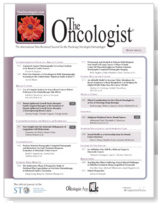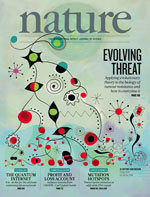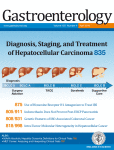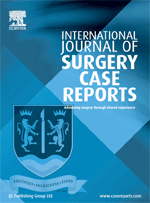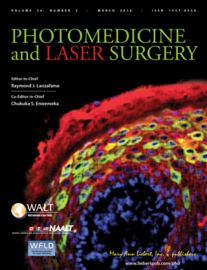 Authors have retracted a highly cited JAMA Psychiatry study about depression after failing to account for some patient recoveries, among other mistakes.
Authors have retracted a highly cited JAMA Psychiatry study about depression after failing to account for some patient recoveries, among other mistakes.
It’s a somewhat unusual notice — it explains that the paper has been retracted and replaced with a new, corrected version.
The study, which included 452 adults with major depressive disorder, concluded that cognitive therapy plus medication works better to treat depression than pills alone. But after it was published, a reader pointed out that some of the numbers in a table were incorrect. The authors reviewed the data and redid their analysis, and discovered “a number of pervasive errors.”
The notice (termed “notice of retraction and replacement”) explains the consequences of those errors:
Continue reading Authors retract, replace highly cited JAMA Psych paper for “pervasive errors”


